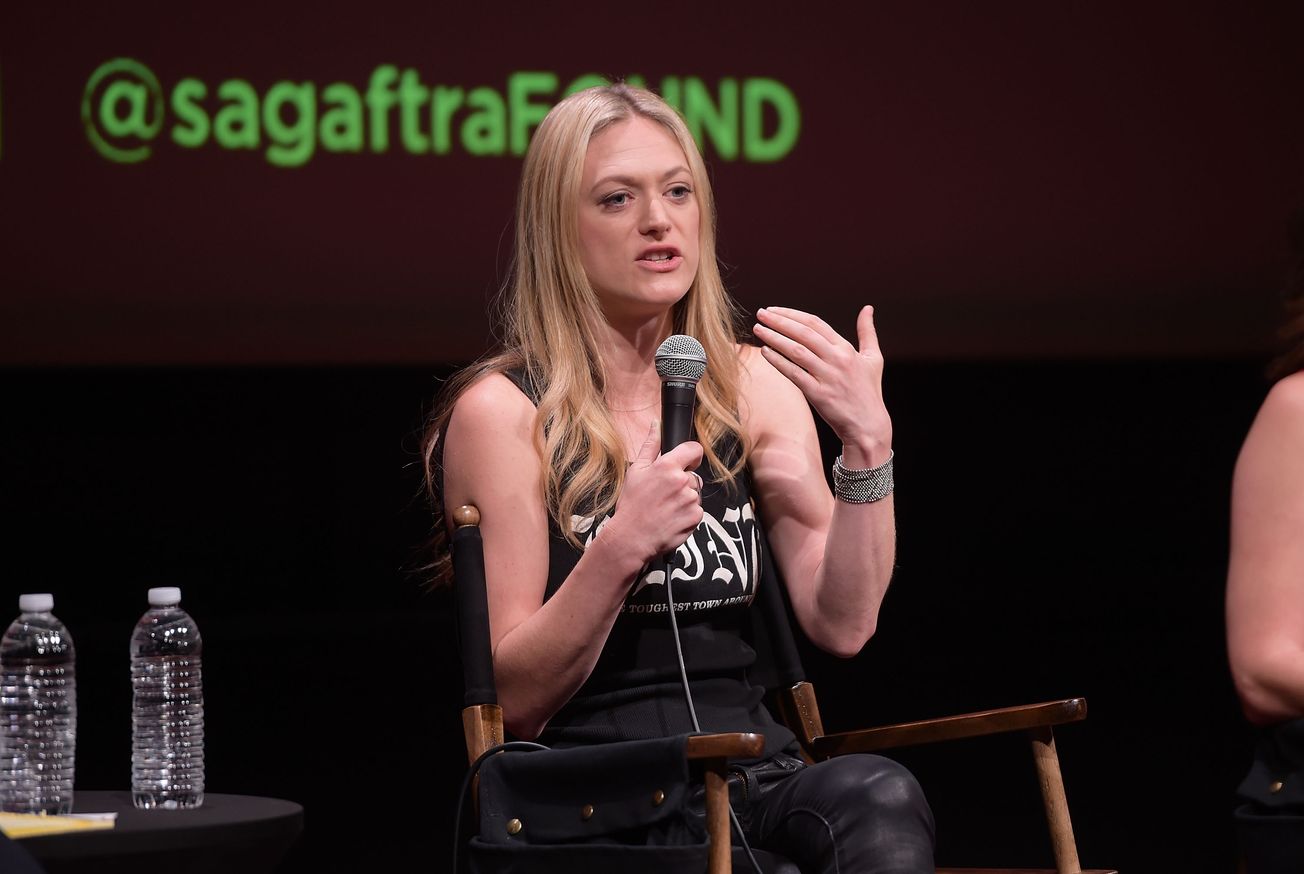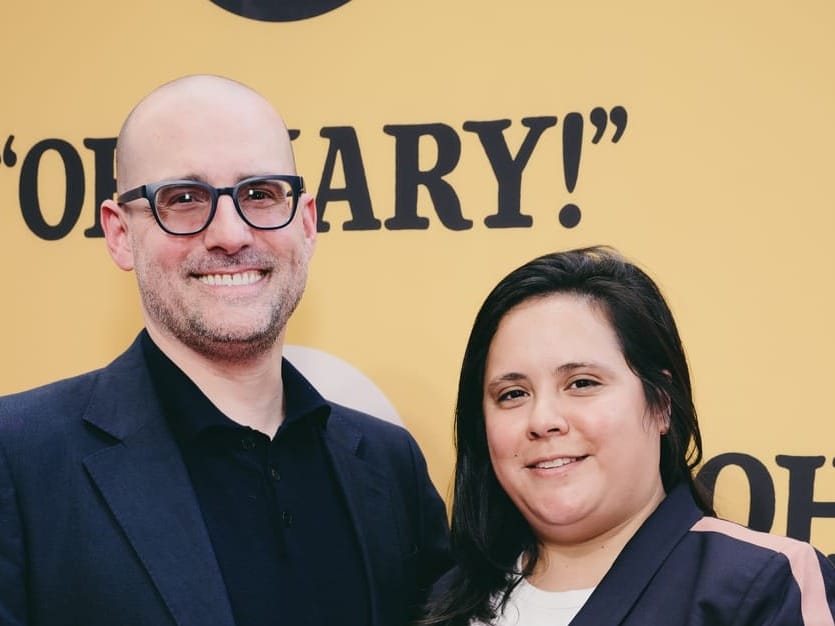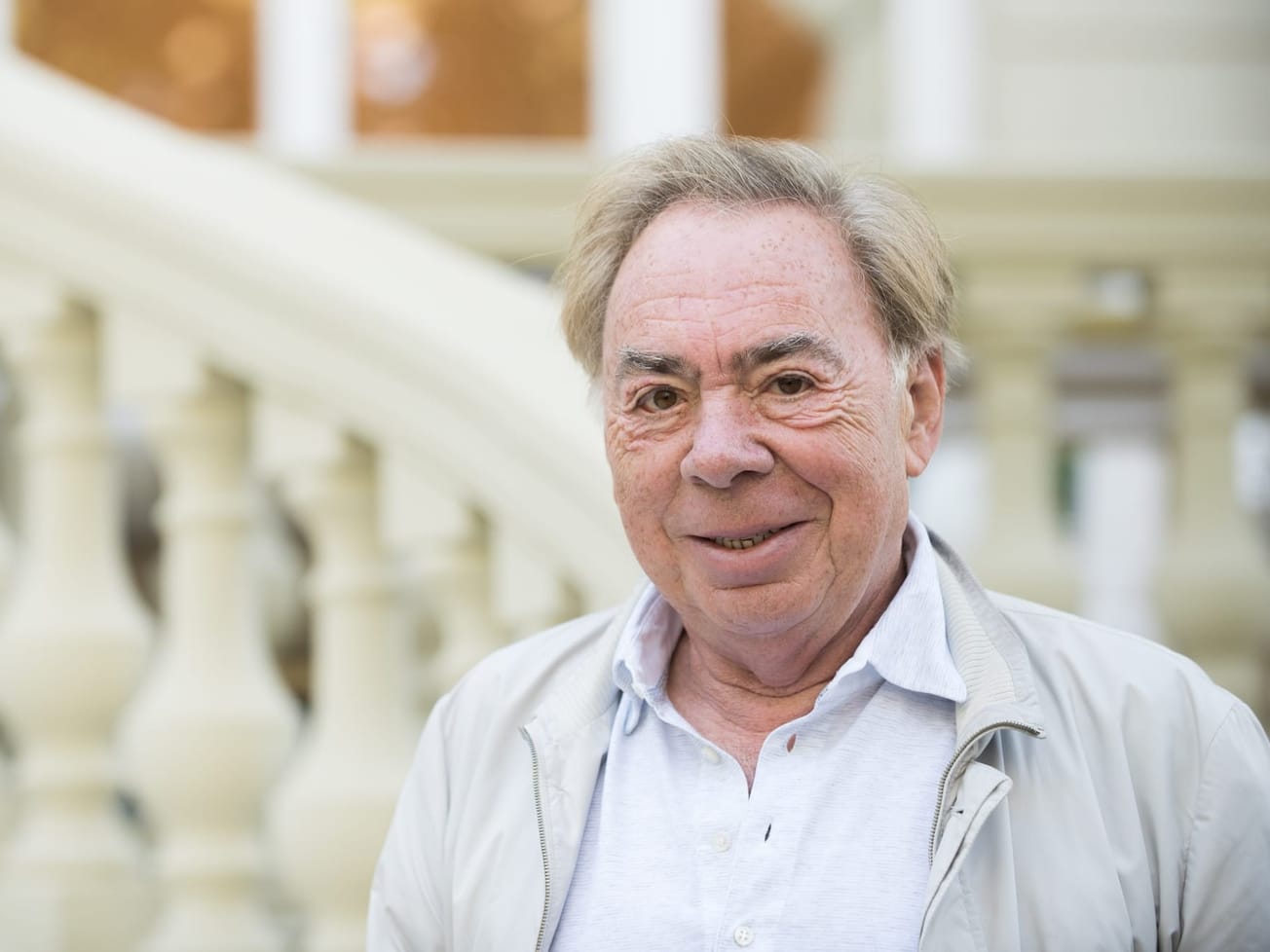After a multiyear push, actor Marin Ireland and attorney Norman Siegel have launched a pilot mediation program to help resolve sexual harassment issues in the theater community.
The pilot program will offer the option of a certified mediators to members of the theater community who are involved in situations that they feel do not necessarily merit a formal complaint or legal action. The program begins Jan. 16 and will last six months, with the possibility of continuing if it is found to be effective.
Unions have grievance processes in place for sexual harassment issues, but they can only be used when both the accused and the accuser are members of the same union. Ireland said she wanted to provide another option that any member of the theater community could use when they want a resolution to an issue, but do not want to file a formal complaint.
“That doesn’t always feel appropriate,” Ireland said.
The mediation process could be used to address situations of catcalling, for example, and help find a solution so that the two parties could continue to work together on a project, if they so desired.
Ireland was part of a group of more than 500 members of the theater community who met in early 2015 and outlined three policies they would like unions and guilds to adopt related to sexual harassment, including an option for mediation.
At the moment, all of the work surrounding the pilot program, which launched website hrforthearts.org Wednesday, is done on a volunteer basis. Siegel and Ireland will be answering the initial phone calls and emails the site receives as well as volunteers they hope to get from the theater and the legal community.
After receiving the complaint, the volunteers will contact the accused party to see if he or she is willing to meet with certified mediators. Both parties have to agree to the mediation to proceed.
At the end of the mediation process, the mediator could have the parties resolve the situation with an apology, counseling or a written promise by the accused party to not perpetrate that kind of behavior again.
While Ireland and Siegel have been working to implement the other proposals — having a clear statement read at the first company meeting of a production and having each union or guild designate a person to receive complaints — it has taken three years to implement mediation, the final step.
Part of the reason for the time lag is because it took years to implement the first two steps, Siegel said. But he added that mediation itself is controversial, as it can be seen as furthering a “hush-hush” mentality around sexual harassment, as the mediation sessions are confidential.
There is also the question of whether it is effective, which is something Siegel and Ireland will evaluate after the pilot ends to determine whether it should continue. But from their viewpoint, mediation can lead to an “amicable resolution’ for both parties in a short period of time, which should mean the rehearsal or production process is relatively undisrupted.
And now, following the wave of sexual harassment and assault allegations arising in almost every industry, they see the theater community as more receptive to this.
“The time is right now to do something, and do something concretely,” Siegel said.
See also: Actors’ Equity sends email to 1,500 employers on sexual harassment policies
Business representatives from Actors’ Equity have partnered with The Actors Fund on a training model for handling sexual harassment complaints, which they have noted could be used by other groups. Mary McColl, executive director of Actors’ Equity, said the union would be looking at the outcome of the pilot.
“Marin Ireland is a tremendously courageous member of Actors’ Equity who is advocating for a world where everyone is able to go to work without fear of harassment and bullying. We look forward to seeing the data after the conclusion of this pilot project,” McColl said in a statement to Broadway News.
The pilot will also include an education program that provides members of the theater community with written material about their rights related to sexual harassment and other unsafe workplace situations as well as how to hold the perpetrators accountable.
Additionally, artistic directors have been asked to make a statement of zero tolerance on sexual harassment and on possible resolutions to issues, including this mediation pilot, at the first company meeting of every production at the theater. Playwrights Horizons and LCT3, among others, are listed as having committed to that step on the pilot program’s site.
As Ireland has been pushing for these policies, she said she has heard that because the theater industry can require actors to be involved in intimate situations on stage or in rehearsal, it is hard to find clear-cut solutions.
However, Ireland said that should not be used as a justification of inappropriate behavior.
“I feel like the more we think about these workplaces like any other, the better it will be,” Ireland said.


























































